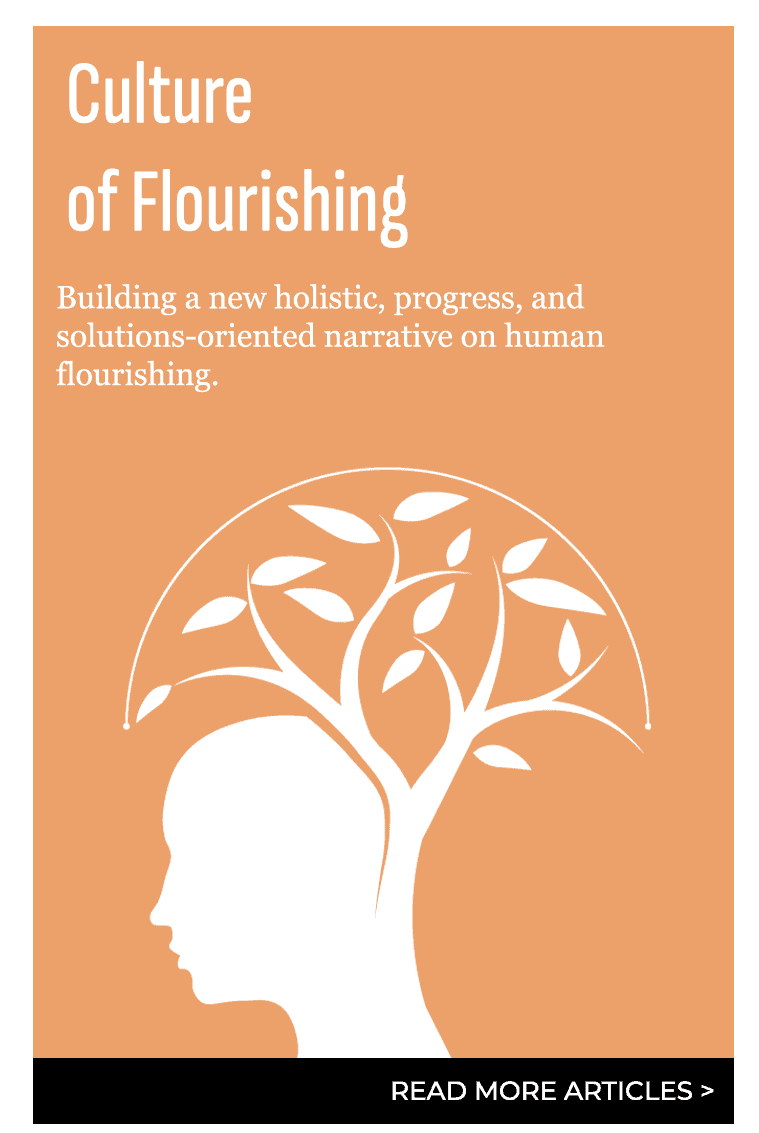
The Archbridge Institute is pleased to welcome Axel Kaiser as its newest Senior Fellow.
Axel Kaiser Barents von Hohenhagen is a Chilean-German lawyer, Master in Investments, Commerce and Arbitration, and received a Master of Arts and Doctor of Philosophy from the University of Heidelberg (Germany). He is Director of the Friedrich Hayek Chair at the Adolfo Ibáñez University in Santiago de Chile and a Senior Fellow at the Atlas Center for Latin America based in Miami. He is also the co-founder and president of the think tank Foundation for Progress in Santiago, Chile — one of the most influential think tanks in Latin America. He has been a Visiting Scholar at Stanford University’s Hoover Institution, and is a best selling author who has won several international prizes for his writings, such as the Hayek Essay contest from the Mont Pelerin Society.
He has been highlighted as one of the ten most admired intellectuals in Chile by the newspaper La Segunda. He is a columnist for the newspapers Diario Financiero and El Mercurio and his opinions have been published in international media outlets such as The Wall Street Journal, The Washington Post, Quillette, Forbes.com, La Nación de Argentina, El País de Uruguay and El Mundo de España, among others. He is an international lecturer and author of several best-selling books. A study published by the John Hopkins University Institute for Applied Economics placed him in third place among the influencers on economic matters with the greatest global impact in Latin America, Spain, and the United States on Twitter.
Upon joining the Archbridge Institute as Senior Fellow, he sat down with the staff to discuss prosperity in Latin American, the American Dream, and what he hopes to accomplish as Senior Fellow.
What are the keys to prosperity and flourishing in Latin America and how has the region fared in these areas over the past couple of decades?
A fundamental reason why we lack institutions that enable sustainable prosperity in our region has to do with the fact that public ideologies reinforce a class struggle worldview. There is widespread envy of the rich and stigmatization of success even in countries like Chile where poor people have proportionally experienced more prosperity than the most affluent segments of the population. Success is punished because it is usually considered unfair for the simple reason that it is not evenly distributed. Thus, inequality then becomes a cause for revolution, even when it is just.
There is also a strong culture of dependency from the government which populists exploit in order to be elected and remain in office. To be sure, some of this also happens in the developed world where the welfare state has eroded work ethic and has undermined incentives for people to stand on their own feet. But in Latin America a weak work ethic, very low trust among citizens and the expectation that a strong man or some revolutionary change could bring about paradise on earth is part of what is absorbed by people throughout their entire lives. Too many Latinos lack faith in their own abilities to flourish economically, socially and personally. We tend to blame others for our shortcomings precisely because we feel powerless. This mindset, which is also gaining ground in the United States, has devastating consequences for the social order. If there is one lesson the United States should learn from Latin America, it is that authoritarian populism cannot prosper where people believe in themselves because you don’t need some “strong” leader to achieve your goals for you or a state that covers your basic needs.
The pursuit of happiness, which is essentially a philosophy of self-reliance, is what Latin America has lacked from her very beginnings. That is why we keep falling into the same trap. If you take a look at the region nowadays you would see Colombia, Mexico, Chile, Argentina, Nicaragua, Peru and Bolivia -to name the most relevant cases — in the hands of far left anti-capitalist and anti-human flourishing governments. Most of these regimes came to power after Venezuela’s economic and social Armageddon at the hands of authoritarian socialists, not the mention the disastrous Cuban revolution. If we do not change the mentality that prevails in our region, we will never escape misery.
What are American Dream voters, and do Hispanic Americans fit that characterization?
I would define American Dream voters as those who do not vote for a political party per se but for those politicians who best represent the founding ideals of America. Self — reliance, faith and trust in yourself, hard work, honesty and a disposition to help others are the essence of the American Dream. All of these and other values demand that the government is strictly limited in its ability to direct people’s lives and affect their property. I fear that a large part of Hispanic Americans tends to vote for what is familiar to them, namely politicians who exploit fear of want and envy of the rich in order to increase their own power in the name of noble intentions.
There is no reason to believe that many Latinos who have left their ruined countries for a better life in the United States will truly embrace the American Dream on a value system level. Not even if they are hardworking people. Culture and mentality do not change because you crossed a border and most people in Latin America do not rationally understand why their own countries keep failing. We need to bring them closer to the values of the American Dream so that they become a force for preserving the ideal that made of the United States the greatest nation on earth. That is no easy task but we have no choice. If the United States loses its soul the whole world will descend into darkness.
How might the future of the United States influence the future of Latin America?
I believe that one of the reasons why Latin America has gone back to 1960s type of revolutionary regimes and rhetoric has to do with the fact that the United States abandoned the region after 9/11. You can see we are lost without the positive influence of the United States and now that this super power is experiencing a spiral of self -hatred at the hands of the woke left, respect and admiration for America among many people is deteriorating rapidly. Latin America’s best moments have always been the result of trying to emulate our northern neighbors. Unfortunately, resentment spread by elites and demagogues have led us over and over again to blame the United States for our own incapacity to create prosperity. But there are forces working in the opposite direction. There lies Latin America’s hope. At any rate, if the United States continues on its self-destructive path and abandons its founding ideals, Latin America will be completely lost. Russia and especially China will take over as the region’s main political, cultural and economic influence. That process has already started.
What type of work will you do in partnership with the Archbridge Institute and its focus on human flourishing?
We will translate the American Dream into Spanish. This basically means that we will engage in an intense work of cultural change in order to make the values and ideas that are responsible for human flourishing a driving force of the public and intellectual debate. People follow the ideas that are spread by intellectuals, artists, writers and many others. We need to work on the prevailing narratives if we want to change how people think about themselves, about success, about government and about the different social issues they confront. There is no doubt that in Latin America cultural hegemony is completely on the side of those who undermine the values of self-reliance and individualism and that this plays a decisive role in hindering human flourishing.
In the United States, where the best universities and the cultural elites have become increasingly illiberal, the effects of the change in mentality have also been dramatic. But here in the United States the fight is about the preservation of the founding values that have been there since the beginning. In Latin America and the Spanish speaking world, which includes Hispanic Americans, the fight is about creating a new mindset altogether. In order to achieve that we need to convey the American Dream message in simple terms so we can reach wide audiences and not only sophisticated and well-educated people. We need to use social networks, write popular books, novels, go on talk shows, etc. True and effective public intellectuals make a gigantic difference. We need more “mind changers”. Aside from my academic work, that is the fundamental role I expect to play with Archbridge’s support, both among Latinos in the United States and in Latin America.



